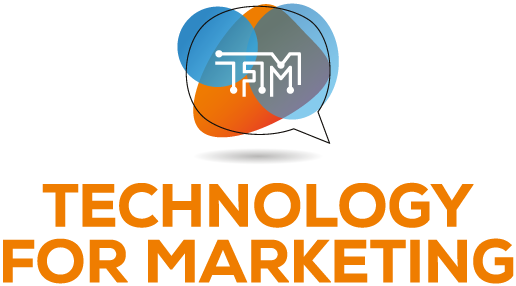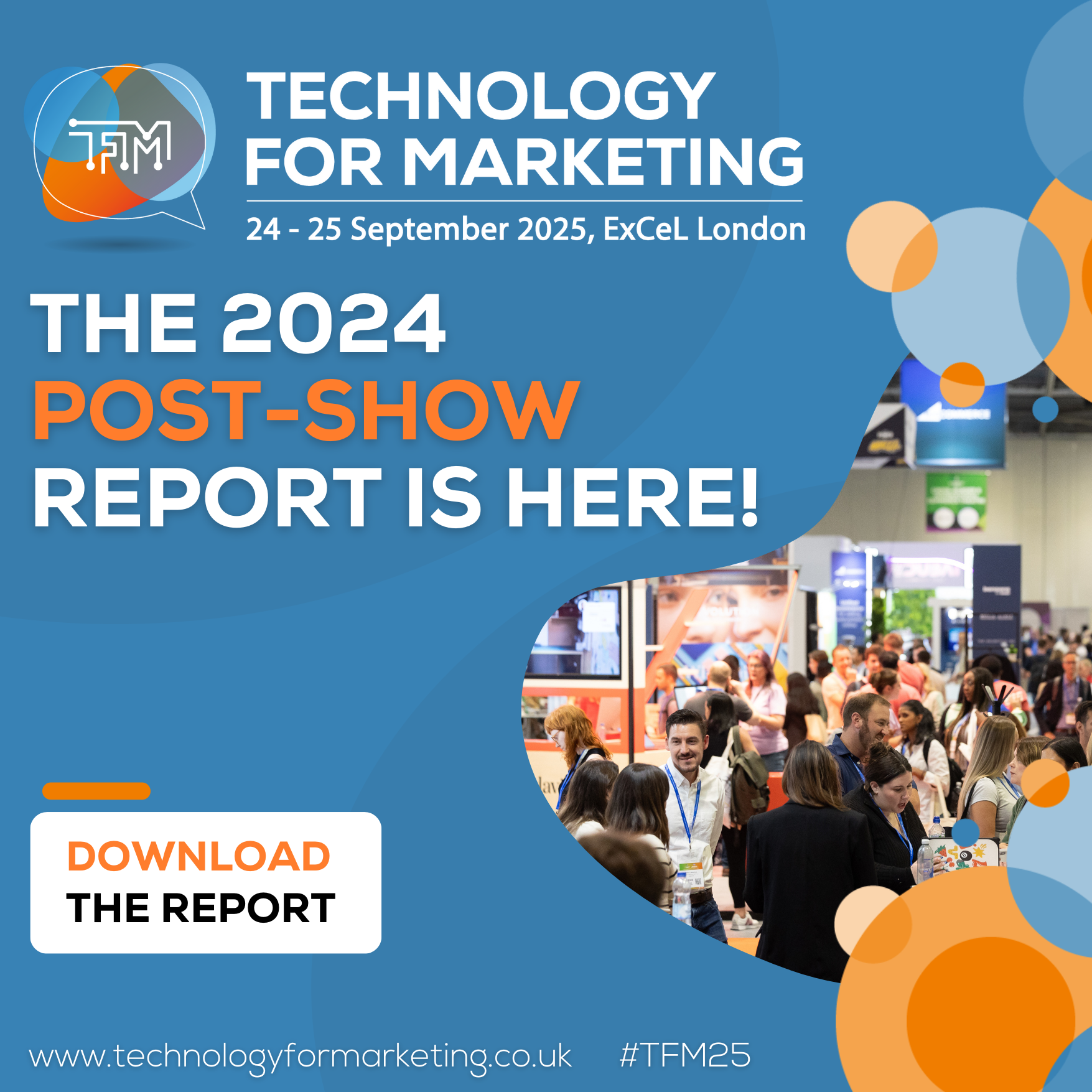Ekwy Chukwuji on AI-Powered Branding, Scaling Equi Botanics, and the Next Era of Digital Marketing
)
Ekwy Chukwuji, founder of Equi Botanics, shares how she built an award-winning beauty brand, leveraged AI to scale her business, and became a thought leader in AI-driven marketing and automation.
Ekwy's Career and Advice
Tell us about your career so far and the essential turning points that got you where you are today.
My career has been a series of strategic pivots, each building on the last. I started in business analysis, where I developed a deep understanding of business processes and automation. But the real turning point came when I launched Equi Botanics - not just as a business, but as a solution to a personal problem. That experience gave me a crash course in digital marketing, brand positioning, and in the last 18 months, AI-driven growth.
Another major milestone was writing The AI Marketing Advantage soon to be published. That book wasn’t just about sharing my knowledge; it positioned me as a thought leader in AI and marketing, opening doors to speaking engagements, consulting opportunities, and deeper industry connections.
Since then, I’ve spoken at Ecommerce Expo, Global Marketing Summit, and Technology for Marketing, helping brands understand how AI can transform their marketing strategies. Now, I’m building an AI automation agency, training boards on AI adoption, and leading AI transformation projects for global businesses - all while balancing my consulting role as AI Lead and Gen-AI Advisor at The Economist.
Looking back at your career, what advice would you give your 20-years-old self?
Take the leap sooner because perfection is a myth.
Your network is your net worth, so build relationships with intention.
Learn to delegate. Scaling requires trust and systems.
AI is the future, so embrace it now or you’ll play catch-up later.
Every pivot leads somewhere. Be open to change, but move with strategy.
Lessons in AI, Conversational Commerce & Marketing
Your brand has been featured in Vogue, used on Netflix shows like Top Boy, and won major beauty awards. What do you think has been the key to standing out in such a competitive industry?
Three things: authenticity, quality, and strategy.
Equi Botanics was born from a real struggle; after years of trying products that didn’t work for traumatising hair loss, I formulated my own. That authenticity resonated with people.
Second, quality. There’s no shortcut to building a brand that lasts. We focused on high-performance, science-backed formulations that solve actual haircare challenges.
And finally, strategy. We leveraged PR strategically, securing features in Vogue and placements in Top Boy, but beyond that, we nurtured a community. AI-powered marketing helped us personalise customer journeys, while real conversations built trust. It’s the perfect mix: high-tech meets high-touch.
Entrepreneurship comes with its challenges. What were some of the biggest hurdles you faced when building Equi Botanics, and how did you overcome them?
- Scaling production: demand outpaced supply early on. We solved it by refining our supply chain and securing better manufacturer relationships, which we’re always working on as it is a very challenging area.
- Standing out in a crowded space: our edge was my relatability, having gone through hair disasters myself and focusing on real results for our customers
- Cash flow management: bootstrapping means every pound has to work twice as hard. Reinvesting profits smartly helps sustain growth
- Learning to let go: delegation is hard, but it is the only way to scale.
Your session at Technology for Marketing last year explored how AI-powered tools can significantly improve website conversion rates. What are some of the most effective ways AI can optimise conversions?
Here are a few examples of effective ways to use AI to optimise conversions:
AI chatbots can engage visitors in real-time, reducing drop-offs.
Personalised recommendations can help increase cart value by showing users exactly what they need.
AI-driven A/B testing helps refine headlines, CTAs and page layouts faster than any human could.
Sentiment analysis fine-tunes messaging based on customer feedback.
AI-powered email segmentation can mean that the right message reaches the right audience at the right time.
AI-driven customer interactions - like AI receptionists and digital assistants - are transforming engagement. How can brands implement these successfully while maintaining a human touch?
The secret? A hybrid approach.
AI should handle the heavy lifting with things like FAQs, bookings, and initial interactions but humans need to step in for high-value conversations. The best AI-driven experiences feel natural because they’re trained on brand voice, context-aware, and designed to enhance human interaction, not replace it. We trained our AI on 55 Instagram 1 hour lives I held with my customers during the pandemic.
Transparency is key so customers should know when they’re talking to AI versus a real person. Get this balance right and AI can become an extension of your brand not a robotic replacement.
What are the biggest mistakes brands make when integrating AI-powered chatbots or virtual assistants, and how can they avoid them?
One of the biggest mistakes brands make when integrating AI-powered chatbots or virtual assistants is deploying untrained AI, which leads to a frustrating customer experience. Investing in well-trained models is crucial.
Another common issue is over-reliance on AI. While automation can enhance efficiency, removing human intervention entirely can erode trust and damage customer relationships.
Additionally, many brands fail to implement a feedback loop, forgetting that AI needs continuous learning. Regularly reviewing conversations and optimising responses ensures AI remains effective.
Lastly, AI must be aligned with customer needs. A generic chatbot that doesn’t add real value is more of a liability than an asset.
What are your favourite AI tools, and what do you use them for?
Here’s a few of them:
ChatGPT (Custom GPTs): I use them a lot. Content creation, brainstorming, automation and even building my AI agency.
Claude / Perplexity: Research, copywriting, speechwriting, LinkedIn content and insights.
Notion AI: Workflow and note organisation.
Make.com: for building lo-code automation including Voice AI assistants that integrate into Retell ai or Vapi.ai
Quick-fire Questions
- What is your favourite social media platform, and why?
LinkedIn! It's where thought leadership, networking and business opportunities collide.
- What’s a common AI myth in marketing that you wish would disappear?
That AI will replace marketers! AI is a tool, not a substitute for creativity and strategy.
- Is there a recent marketing campaign from any brand that really caught your attention, and why?
In November 2024, O2 introduced "Daisy," an AI-powered virtual grandmother designed to engage phone scammers in prolonged, meandering conversations, effectively wasting their time and protecting potential victims.
- How many unopened emails do you currently have in your inbox?
Too many! But AI helps prioritise what actually matters so I can delete a ton.
- What is one of your proudest moments in your career?
Having several case studies of customers' hair transformation from alopecia to hair growth and the impact on their self-confidence.
- What is something you’re still looking forward to achieving in your career?
Scaling my AI automation agency and helping businesses fully unlock AI’s potential. And ultimately selling Equi Botanics for 8 figures in a few years’ time.
Latest News
-
Influencer panel discussion: How influencers can help build new audiences for your brand
11 Dec 2023Influencers have become influential drivers for brand growth and audience expansion. This Technology for Marketing session on influencer marketing, led by Gordon Glenister, a global influencer marketi ... -
Replicating an intimate in-store customer experience on digital platforms has become a pivotal focus for brands. Josh Dawe, Martech Lead at French Bedroom, unravelled the nuances of achieving this dig ...
-
Ian Gibbs presents The CMO Effectiveness Toolkit, a valuable resource designed to empower marketing professionals with tools and insights crucial for demonstrating the true value of marketing spends.
-
Explore the nuanced challenges of purposeful branding in this session by Scott Somerville, CMO of E.ON U.K., as he delves into the pitfalls of perfectionism and the strategic use of imperfections to f ...
-
The role of in-house agencies has evolved into a powerhouse of creativity and innovation. Julia Arenson, the Head of Creative Operations at Specsavers, took centre stage at the Technology for Marketin ...
-
Gain insights from industry leaders on the power of authenticity in influencer marketing, the impact of emotional content, attention-grabbing PR stunts, and the significance of consistency in influenc ...
-
Navigating the intricate world of content marketing in the tech industry demands a strategic approach. Gavin Jordan's insights from The Drum's Open Mic provide a roadmap for tech companies to create c ...

)
)
)
)
)
)
)
)
)
)
)
)

